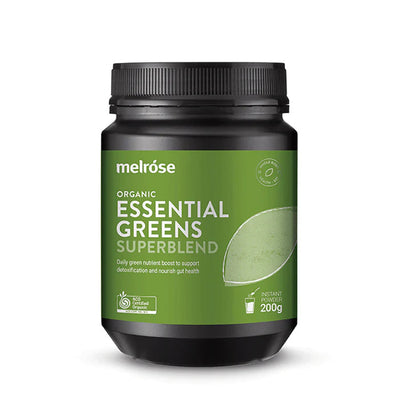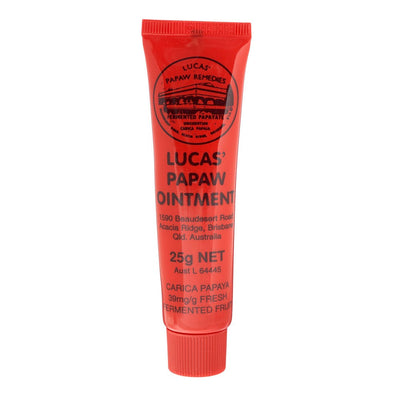Anti-Ageing Creams, The Truths Explained
Loss of moisture and loss of elasticity are two things that affect everyone as they age, regardless of skin type. When the skin loses these key features, it also loses its firmness and suppleness. This leads to wrinkles, lines, and other advanced signs of ageing — common issues for men and women alike.
As we get older, our skin is also more susceptible to pigmentation disorders, like uneven pigmentation and age spots. Over time, these can translate to a noticeable loss of radiance, while an increase in translucency leads to higher visibility of veins.

The signs of ageing from a loss of collagen and other key ingreadients can cause aging in the skin, and an increasingly growing industry to cover that is anti-aging creams, they are widely accepted as an effective form of treatment for aging skin.
So the first question. Are Anti ageing and anti wrinkle creams, are the same thing? No they are not. Anti ageing and anti wrinkle creams tackle different problems. So what's the difference? An anti ageing treatment will combat all signs of skin ageing - age spots, fine lines, wrinkles, loss of density, dullness and dryness. Anti-wrinkle treatments, however, just deal with the wrinkle side of things.

The second obvious question is do Anti Ageing Creams work? Yes they do! Anti-ageing serums or creams both work. The key is finding a solution that works for you & your skin. This may take some trial and error. And finding an anti-ageing cream that works with your skin is a process of exploration. The new creams are so efficient and highly active, that the volume you will need is a lot less than a moisturiser.
How active skin care ingredients work
So the key is to understand what the ingredients do and how they work for you. Newer skin care products contain more active ingredients than ever. But knowing which ones to purchase can be confusing, and the choice can be overwhelming. Here are some of the most effective anti-aging skin care ingredients for people to know about:
- Vitamin C (L-ascorbic acid): Brightens tired or dull-looking skin and protects it from environmental damage, such as pollution, free radicals, and UV rays.
- Hyaluronic acid: Acts as a humectant, binding moisture to the skin to plump up the skin’s appearance.
- Retinoids (retinol): Stimulates the production of collagen and elastin in the skin, reducing the appearance of fine lines and wrinkles.
- Alpha-hydroxy acids (AHAs): Brightens the skin and boosts the renewal of skin cells. AHA peels, also known as glycolic peels, can help address sun damage and hyperpigmentation, as well as fine lines and wrinkles.
- Copper peptide: Boosts the production of collagen and elastin, as well as acting as an antioxidant. It may be particularly useful during menopause as collagen levels decline.

So there you have it, the anti-ageing creams do work. they have very active ingredients that help repair your skin, and you require less cream than ever before due to the active nature of the creams. However you still can't beat applying a suncreen daily, not smoking or drinking, and keeping your collagen levels and water levels high. All of these will help you actively fight the signs of aging and hopefully keep your skin as young and vibrant as possible while hopefully actively reducing the lines and wrinkles in your skin.
We would love all your feedback on your Anti-Aging creams and your experiences.










Leave a comment